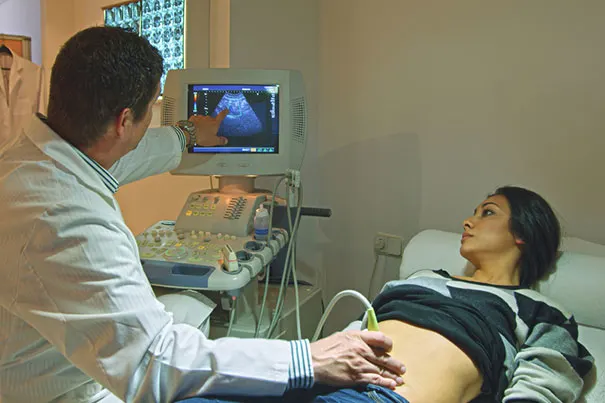Save the Dates - These Antenatal Appointments Are a Must in Your Pregnancy Calendar
Pregnancy is full of surprises, some pleasant, some not so much. Planning your prenatal visits will help you deal with the not-so-pleasant ones that may come your way.
Your obstetrician is soon going to become the best friend you've ever had, patiently giving you answers to questions and guiding you through your challenging journey of pregnancy week by week with helpful and timely information.
Besides, regular prenatal visits are going to trump all other commitments you may have, and fill up your pregnancy calendar.
So, here are some of the times in your 9-month journey that you may want to mark in red.
4 to 16 Weeks
You can get through this period with one visit a month. It all begins with your obstetrician checking your medical history and conducting antenatal screening tests. Folic acid supplements will be prescribed, your diet will be chalked out, and your lifestyle will come under scrutiny, with several blood and urine tests conducted to ensure all is well.
Further up this path, when you're around 11 to 13 weeks pregnant, your doctor will try to predict your due date. (In the meantime, have a look at the Pampers Due Date Calculator to try to estimate when your baby might arrive.) Around this time, your doctor will also let you know if you're going to have more than one child, but at 16 weeks pregnant is the best time to resolve any doubts. You may also be prescribed iron supplements if he senses an iron deficiency.
18 to 20 Weeks
18 to 20 weeks pregnant looming ahead will leave you anxious. All your baby's major organs will have developed by then, and your doctor would announce an anomaly scan to check for physical abnormalities.
25 to 36 Weeks
At 25 weeks pregnant the routine blood and urine tests will be conducted and iron levels monitored. Your baby bump will be measured around this time, and you may inquire about the results. At around 35 weeks pregnant, your obstetrician will start grooming you for the big day and after. He will teach you how to recognize the signs of labour, and how to deal with the pain. When you're about 36 weeks pregnant your doctor may check your baby's position. If your baby is in the breech position, your doctor may schedule a subsequent appointment in the coming week to see if the baby's position has changed. If your little one hasn't, he will recommend an external cephalic version—an effective technique that involves turning the baby by hand.
37 to 40 Weeks
At around 37 weeks pregnant, your doctor will check to see if your cervix has begun to dilate. 38 weeks pregnant entails the routine blood and urine tests. If you haven't delivered by 40 weeks pregnant, your doctor will suggest inducing labour.
Prenatal care is essential for you and your baby and gives your doctor the chance to spot problems at an early stage and nip them in the bud. So, ensure you don't miss a single appointment.

